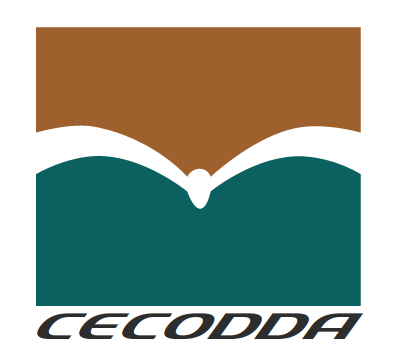Consolidating the OECS Economic Union through Trade Capacity Building and Positive Spill-overs to CARICOM
Posted on: December 14, 2020

This OECS two-year initiative, implemented under the Grant component of the TCII Programme since June 2019, focus on consolidating the OECS Economic Union through trade capacity building and positive spill-over effects on CARICOM. Assist OECS Member States and OECS Commission to fully implement the OECS Economic Union committed to in the Revised Treaty of Basseterre in particular Article 18 which mandates the member states to develop institutional arrangements for joint pursuit and implementation of trade policy.
The objectives of the project are twofold:
Firstly, to develop a team of qualified trade and economic policy professionals and experts in each of OECS Member States which is central to the consolidation of Eastern Caribbean Economic Union (ECEU)single space, and will play an integral role in national consensus building and in implementation and institutionalization of a new OECS Economic Union acquis at the Commission level.
Secondly to strengthen the technical, organizational and coordination capacity of the OECS Commission to assess, evaluate and advance trade and development priorities at the regional, bi-lateral, pluri-lateral and multilateral levels.
Stakeholders of the project are the OECS Commission itself, the OECS Members States in particular their ministries of trade, national authorities tasked with implementation of the Economic Union but also other key stakeholders, particularly labour and civil society, private sector entities and Member States trade policy professionals.
The project aims at constituting a coordination mechanism for trade policy as a sub-group within CARICOM, in the following areas:
- Common economic and financial regulations;
- Free movement of people;
- Free movement of goods (both originating and third country);
- OECS Business Council, which exists, formally incorporated and recognized.
The project will have positive effects and benefits on the CARICOM community since it is principally aimed at
- Accelerating the movement towards development of a common CARICOM Trade Facilitation Information platform;
- Consolidating and increasing the scope of trade data and statistics to fuel CARICOM trade negotiations and decision making;
- Supporting the implementation and monitoring of CARICOM trade mechanisms such that in Article 164 regulating specific trade between the LDC and MDC within the group;
- Strengthening the contribution and effective participation of the OECS/LDCs within the CARICOM in the CSME and Free Trade Agreements;
- Strengthening the functioning of specific organs of CARICOM such as the CO-TED, by supporting better analysis of issues and evidence-based decision making;
- Enhancing private sector participation in CARICOM Trade matters.
The implementation of this action has been derailed over the last months by the impact of the COVID pandemic on the member states of the OECS. The pandemic had an immediate impact on the action with a partial suspension that affected the OECS Commissions ability to move ahead with a number of key activities.
Nevertheless, in the first phase of the action, the OECS Commission has launched a Masters International Trade Policy (MITP) delivered by the UWI-SRC. The Commission signed twenty-one scholarships with candidates who commenced studies in February 2020. The Member States have put in place the necessary bonds required to scholarship recipients to ensure they remain with the region over a two-year period post qualification to assist in the continued capacity building with the OECS.
The OECS Commission has also engaged the private sector by reaching out to the OECS Business Council in developing a strategy for having the private sector more involved in the formation of trade policy in the Member States. The OECS Commission in collaboration with our stakeholder governments held a number of sensitisation sessions with the private sector entities on how best they can be engaged to contribute towards policy development along with providing feedback towards negotiation positions in future trade negotiations by the Member States.
The OECS has been able to combine its efforts to develop a harmonised Trade Information and Facilitation Platform with the support of the ITC-UKTP programme. This achievement will align with another Trade Portal being developed under the UKTP-ITC collaboration at Caribbean Export Promotion Agency. The two systems will align as they seek to provide the seamless collection of data across the region
The OECS sustainability will ensure, after the closure of the grant contract, a “new OECS model” of trade policy competence more efficient and effective for coordination at CARICOM level, full compliance among OECS Member States in establishing national and institutional trade policy mechanisms mandated by CARICOM and greater private sector confidence and participation in OECS and CARICOM trade policymaking processes.




